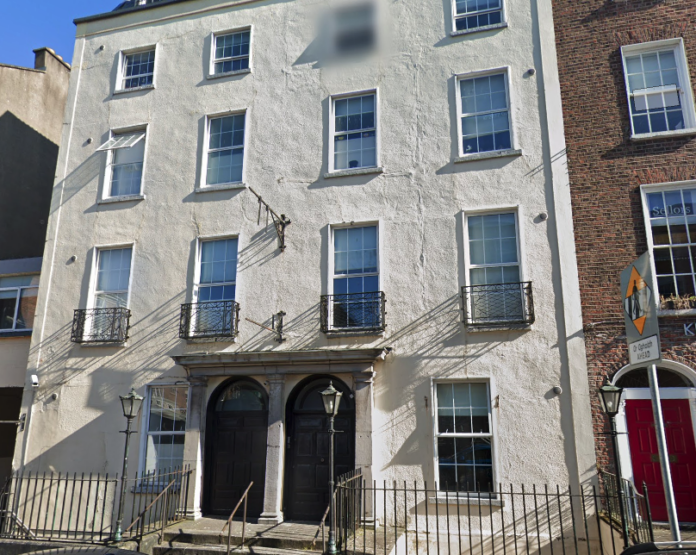
HEALTH watchdog HIQA found that cooking facilities which allow international protection applicants (IPA) to cook for themselves in an historic city centre building are contributing to the wellbeing of the residents.
That’s according to a report by inspectors who made an unannounced return inspection in Hanratty’s Hotel in Limerick City, which was home to 100 IPAs on the date of visit, September 26, 2024.
The inspectors noted that Birch Rentals Ltd, the service provider, installed a communal kitchen which had six cooking bays – including a specific cooking bay for pork, which was in line with some residents’ cultural and religious beliefs.
Inspectors said that residents reported being “very happy” with the kitchen arrangements, which also facilitated the Ramadan period in that it remained open 24 hours per day during this time.
In the newly-published report, HIQA said that inspectors “noted that overall, (applicants) were very satisfied with the support they received and stated that they were treated with respect”.
“The feedback from residents was positive and they said they were happy in the centre and they liked the fact that they could cook meals of choice in line with their cultural needs and religious beliefs.”
Hanratty’s was found non-compliant with HIQA standards, however, in three areas out of more than 20.
The inspectors found that while the provider had a Garda vetting disclosure in place for eight out of 10 staff members, efforts to have Garda vetting completed for two remaining staff members was not achieved.
The report said “there was no evidence that the provider had notified the relevant government department of the vulnerabilities of the residents within this centre … (and) failed to obtain international police checks for three staff members who required them”.
HIQA also said that, “given the number of residents identified with special reception needs, for example complex mental concerns, there was a need for suitably vetted staff members to be employed by the provider”.
The report concluded nevertheless that “it was evident that residents were treated with respect and their opinions and feedback were used to inform practices in the centre. However, there were improvements required in relation to monitoring and audit systems.”









